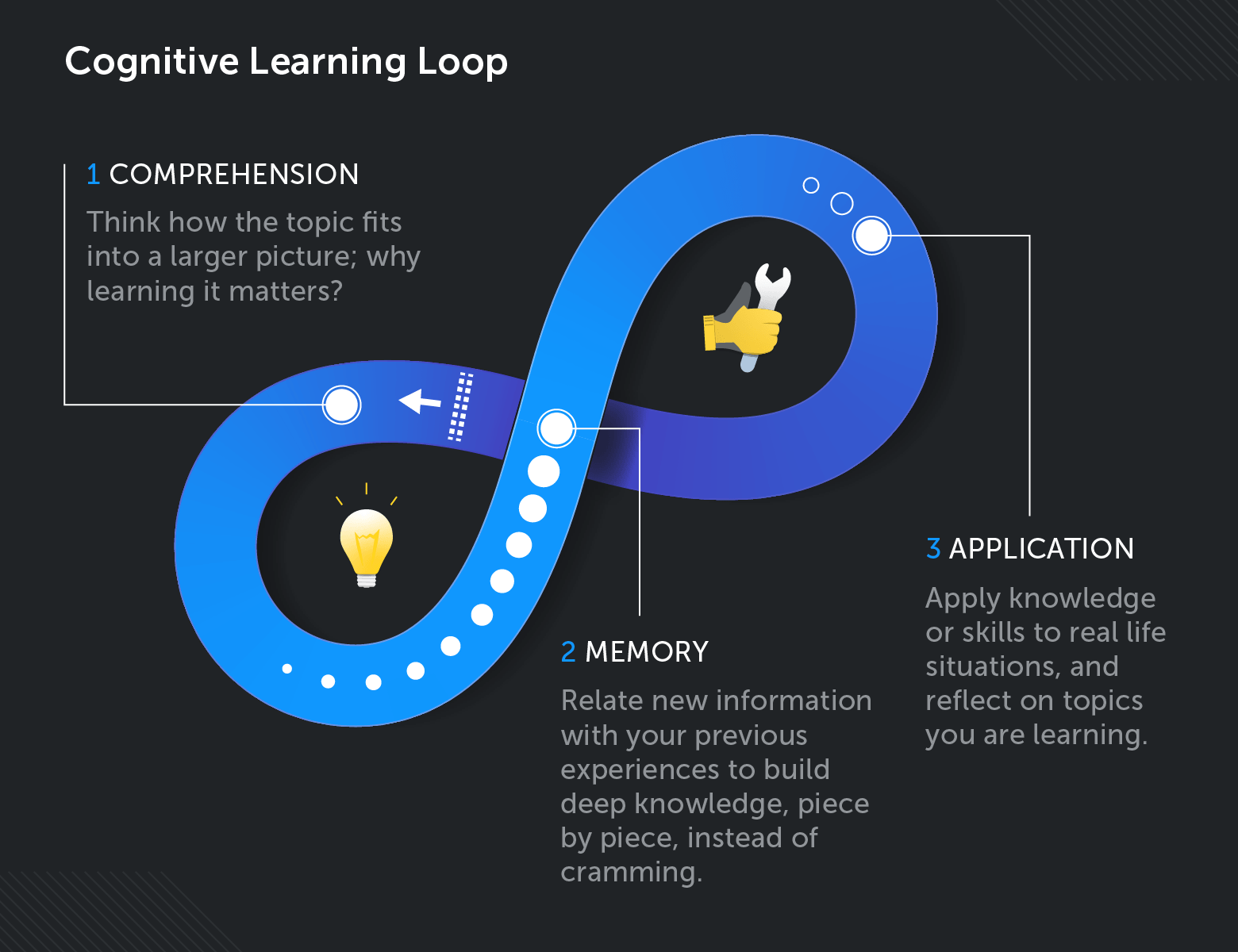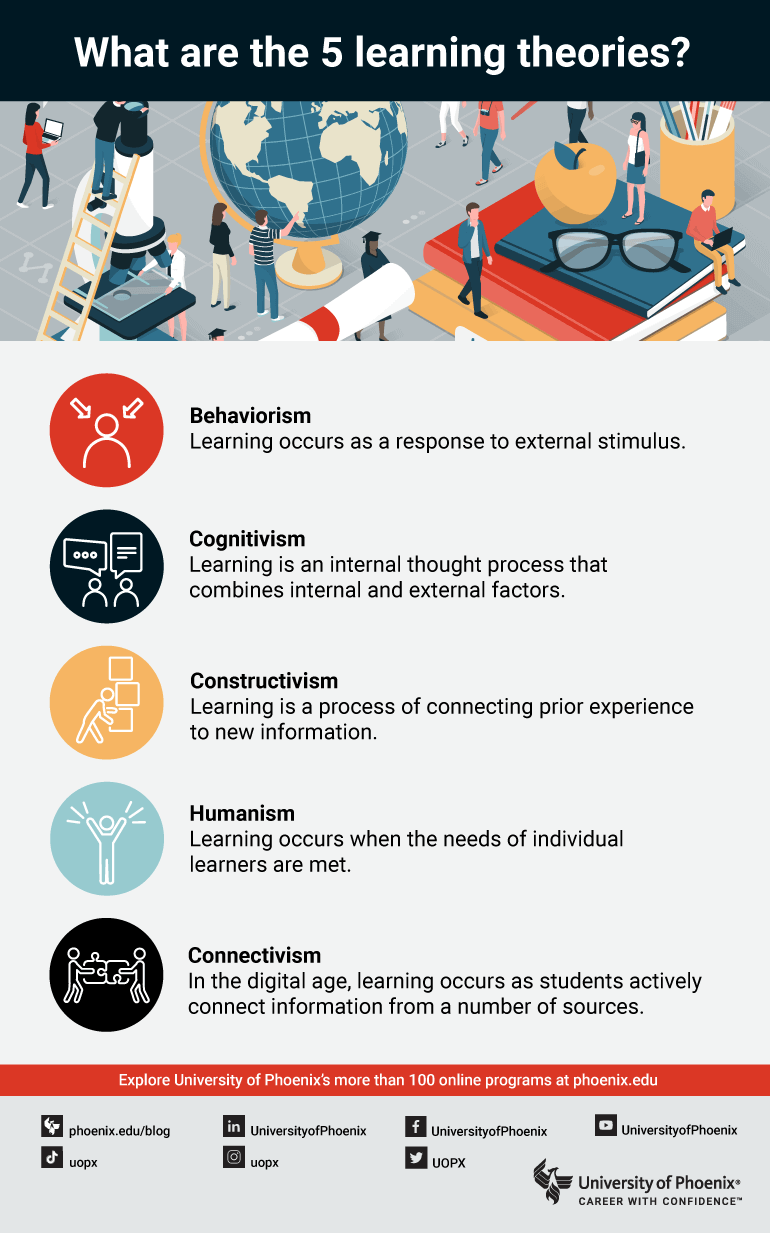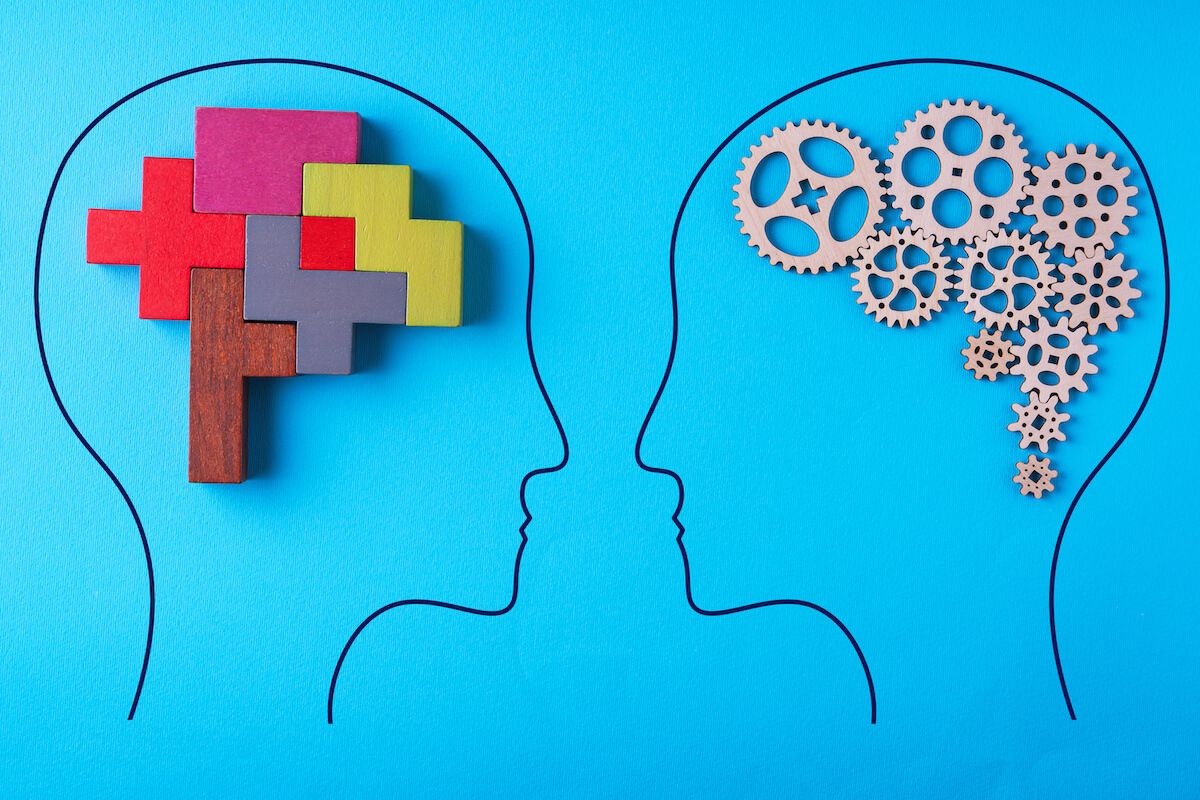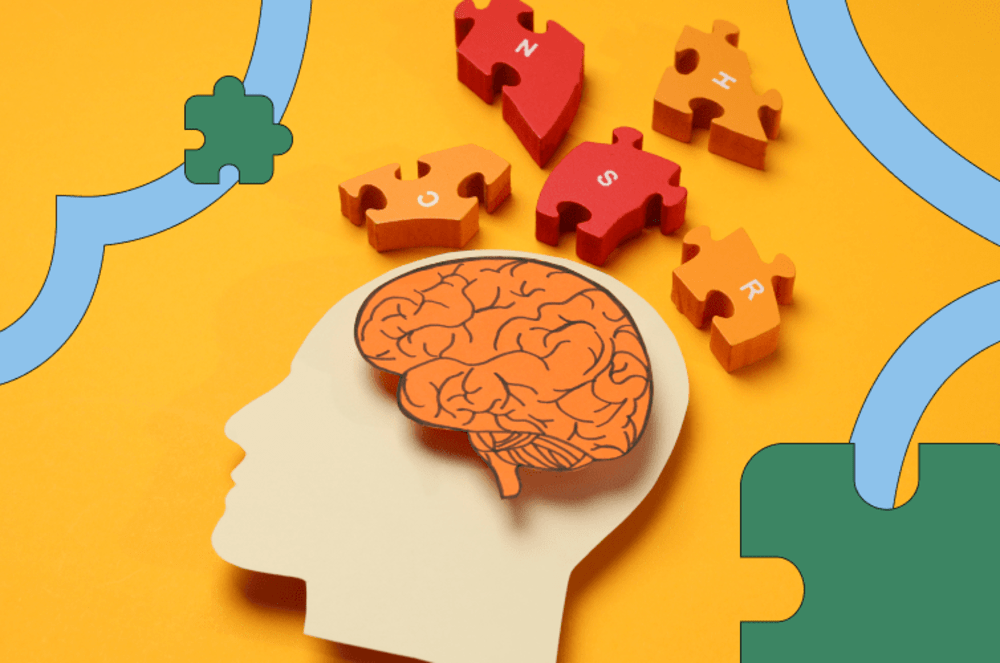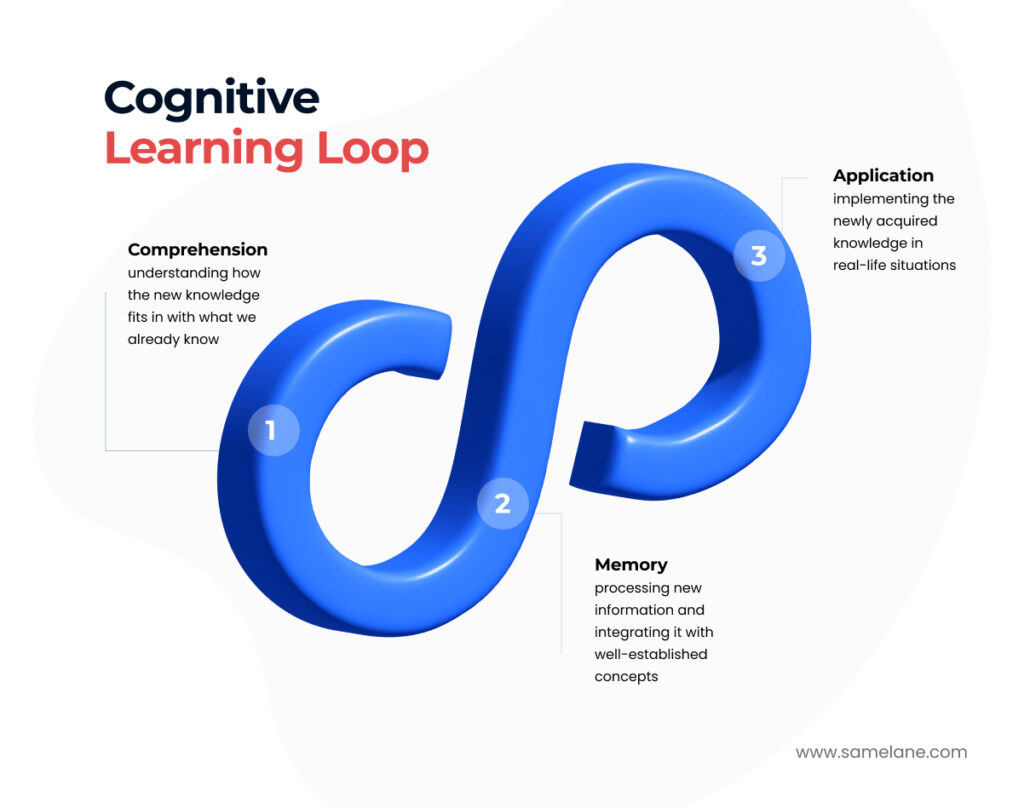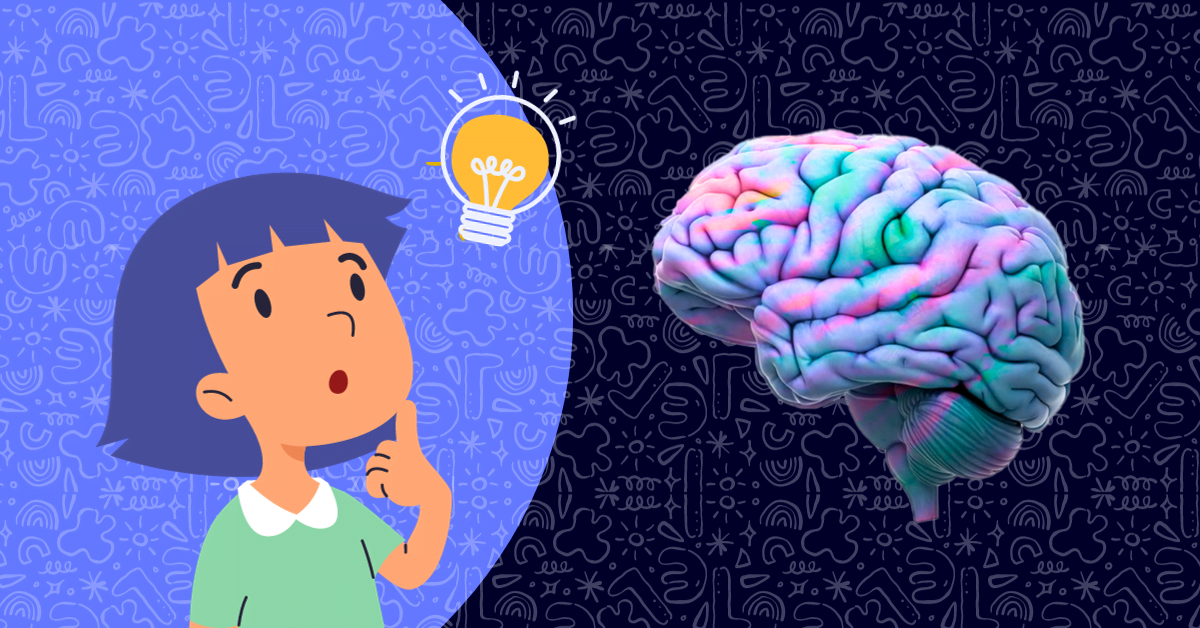Cognitive And Learning
Cognitive And Learning - This definition has three components: (1) learning involves a change, (2) the change is in the learner’s knowledge, and (3) the cause of the. Cognitive theories of learning offer valuable insights into the complex and multifaceted process of learning.
This definition has three components: Cognitive theories of learning offer valuable insights into the complex and multifaceted process of learning. (1) learning involves a change, (2) the change is in the learner’s knowledge, and (3) the cause of the.
This definition has three components: Cognitive theories of learning offer valuable insights into the complex and multifaceted process of learning. (1) learning involves a change, (2) the change is in the learner’s knowledge, and (3) the cause of the.
Cognitive Learning Theory Benefits, Strategies and Examples
(1) learning involves a change, (2) the change is in the learner’s knowledge, and (3) the cause of the. Cognitive theories of learning offer valuable insights into the complex and multifaceted process of learning. This definition has three components:
Colorful Cognitive Learning Styles Infographic Template Venngage
This definition has three components: Cognitive theories of learning offer valuable insights into the complex and multifaceted process of learning. (1) learning involves a change, (2) the change is in the learner’s knowledge, and (3) the cause of the.
29 Cognitive Learning Examples (2024)
This definition has three components: (1) learning involves a change, (2) the change is in the learner’s knowledge, and (3) the cause of the. Cognitive theories of learning offer valuable insights into the complex and multifaceted process of learning.
Cognitive Learning Theory Definition & Examples University of Phoenix
This definition has three components: (1) learning involves a change, (2) the change is in the learner’s knowledge, and (3) the cause of the. Cognitive theories of learning offer valuable insights into the complex and multifaceted process of learning.
Examples of cognitive learning theory & how you can use them
(1) learning involves a change, (2) the change is in the learner’s knowledge, and (3) the cause of the. This definition has three components: Cognitive theories of learning offer valuable insights into the complex and multifaceted process of learning.
The Benefits Of Cognitive Learning GradePower Learning
(1) learning involves a change, (2) the change is in the learner’s knowledge, and (3) the cause of the. This definition has three components: Cognitive theories of learning offer valuable insights into the complex and multifaceted process of learning.
Cognitive learning theory benefits and examples
(1) learning involves a change, (2) the change is in the learner’s knowledge, and (3) the cause of the. This definition has three components: Cognitive theories of learning offer valuable insights into the complex and multifaceted process of learning.
What is the cognitive learning theory? Benefits and examples
This definition has three components: (1) learning involves a change, (2) the change is in the learner’s knowledge, and (3) the cause of the. Cognitive theories of learning offer valuable insights into the complex and multifaceted process of learning.
A Complete Cognitive Learning Theory Guide (Examples Galore) ClassPoint
(1) learning involves a change, (2) the change is in the learner’s knowledge, and (3) the cause of the. Cognitive theories of learning offer valuable insights into the complex and multifaceted process of learning. This definition has three components:
10 Examples Of How Cognitive Learning Works Number Dyslexia
This definition has three components: (1) learning involves a change, (2) the change is in the learner’s knowledge, and (3) the cause of the. Cognitive theories of learning offer valuable insights into the complex and multifaceted process of learning.
This Definition Has Three Components:
Cognitive theories of learning offer valuable insights into the complex and multifaceted process of learning. (1) learning involves a change, (2) the change is in the learner’s knowledge, and (3) the cause of the.
